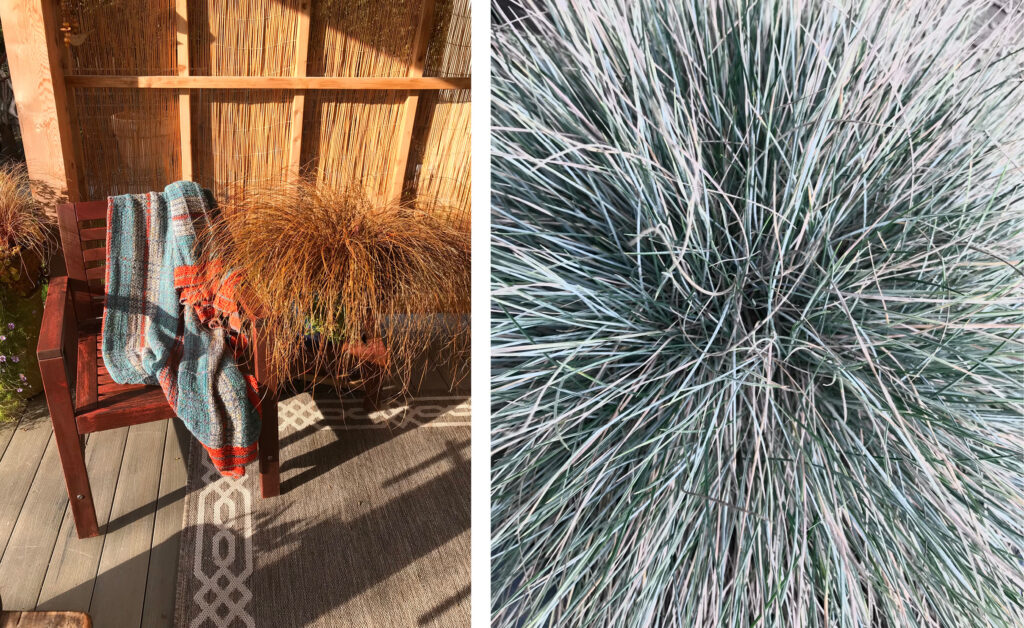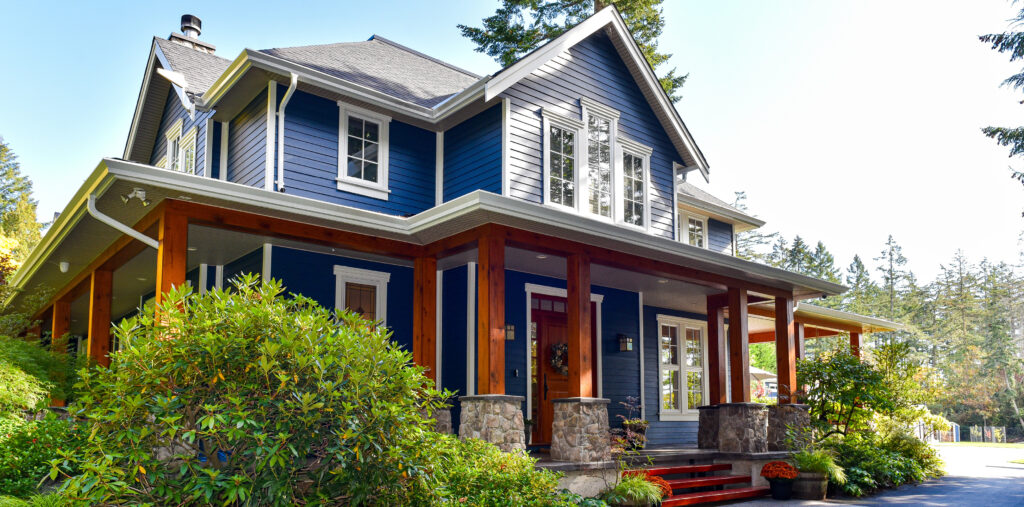by Colin Eaton, Garden City Tree & Landscape –
Temperatures are heating up on the lower Island. Time for summer barbecues, lounging in the sun, drinks on the patio and going to the beach! We all look forward to the hot weather, but the temperature outside requires us to be more conscious of how much water we use. There are many things you can do in your garden to help conserve water.
Choose the Right Plants
When planning your landscape, your best bet for water conservation is to plant species that are native to your area. Plants such as redflowering currant, Oregon grape, kinnikinnick and salal are all native to Vancouver Island, and once established will require little to no water. Native plants have adjusted to the soil, climate and rainfall typical of our area, so they will be less affected by the hot dry summers we tend to get.
Mulch
Bare soil warms up much quicker in the sun than mulched soil, which leads to the water in the soil evaporating. Mulched garden beds prevent water loss and help you conserve water: mulch helps keep the surface soil temperature down, so less evaporation occurs. Bare soil can be compacted easily, which can affect the absorption of water – usually when water falls on compacted soil it will run off rather than soak in. A good organic mulch will allow for less compaction, which means more water absorption. Organic mulch, such as bark mulch, has the benefit of adding nutrients to the soil, and helps with weed suppression.
Use Proper Watering Practises
You really want to avoid any excessive watering; not only does it waste water, but overwatering breeds dependent plants with shallow root systems. When you do water, water deeply and less frequently, which means watering at a slower rate over a longer period of time. This allows for plants and shrubs to develop deeper, stronger root systems and saves water.
Irrigate
The best way to ensure your water is being used most effectively in the garden is to install an irrigation system. These are designed to minimize moisture loss by distributing lower volumes of water over a longer time so it is more likely to be absorbed by the soil rather than run off. Conserving water in your garden certainly does not mean you have to let your plants suffer.
With a little bit of plant planning, mulch and proper watering practices you can have a lush, thriving landscape even in the driest of the summer months.
For more information visit www.victoriagardencity.ca.




